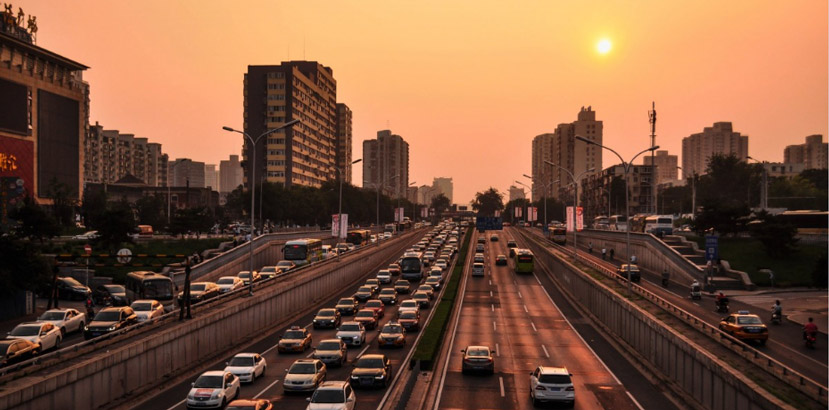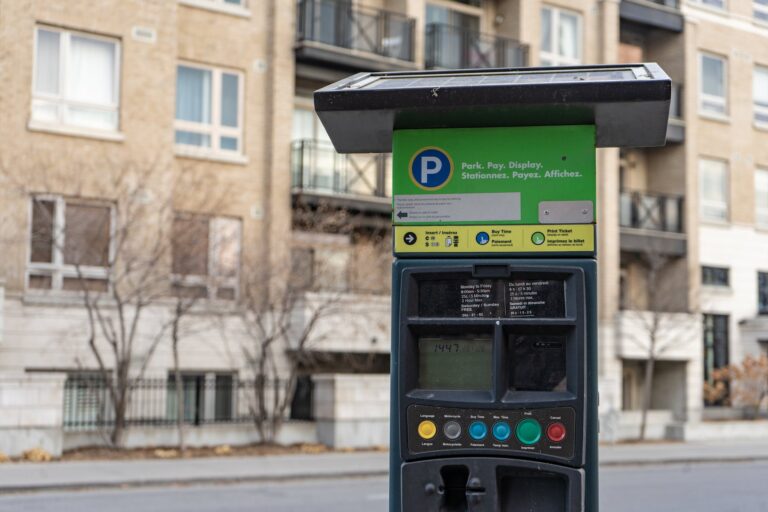In today’s rapidly growing urban environments, traffic congestion is an inevitable challenge that impacts daily commutes, environmental health, and overall urban living quality. The role of taxis in mitigating this issue is increasingly vital. Taxis not only offer convenience and efficiency but also contribute significantly to reducing traffic congestion through various services, including airport transfers, luxury taxi services, and 7-seater options. Additionally, their environmental impacts and cost-effectiveness make them a smart choice for urban transportation.
Streamlining Traffic Flow

Taxis play a crucial role in streamlining traffic flow. Unlike private vehicles, which contribute to the crowding of urban streets, taxis are in constant circulation, providing a dynamic transport solution without adding to the clutter. Professional taxi drivers are well-versed in navigating city traffic, often using less congested routes and avoiding peak-hour gridlocks.
From airport transfers to luxury taxi services and 7-seaters, there are many ways taxis contribute to reducing congestion.
Airport Transfers and Their Benefits
Airport transfers are one of the key services provided by taxis, significantly reducing congestion at major transport hubs. Private vehicles dropping off and picking up passengers contribute to bottlenecks at airports. Taxis, operating under regulated systems, can efficiently manage these transfers, reducing the number of vehicles competing for space on the road. This not only eases congestion around airports but also ensures a more organised and timely flow of traffic.
Taxis dedicated to airport transfers can also reduce the number of private cars making trips to and from the airport. This is particularly beneficial during peak travel times, where the masses of private vehicles can cause significant delays and traffic jams. By using taxis, passengers can enjoy a hassle-free journey, while cities benefit from reduced congestion and better-managed traffic flow.
Luxury Taxi Services and 7-Seaters
Luxury taxi services add another dimension to urban mobility. These services offer a higher level of comfort and convenience, attracting business professionals and tourists who might otherwise use private cars or rental services. By choosing luxury taxis, these individuals contribute to reducing the number of private vehicles on the road, which lessens traffic congestion. The high standards of service and comfort provided by luxury taxis make them a preferred alternative for high-end clients, contributing to a shift away from private car usage.
The introduction of 7-seater taxis addresses the needs of larger groups and families, providing a practical and efficient transportation option. These larger taxis reduce the necessity for multiple vehicles to transport groups, thereby decreasing the number of cars on the road. For example, a family travelling together in a single 7-seater taxi instead of two separate cars significantly reduces traffic volume, contributing to less congestion and more efficient road use.
The Benefits of Using Taxis Instead of Driving
Opting for taxis instead of private cars offers numerous benefits beyond convenience. Here are some of the key advantages:
Environmental Impact
By reducing the number of private vehicles on the road, taxis help lower emissions and improve air quality. A shift towards greener technology in the taxi industry supports urban sustainability efforts and contributes to a healthier environment. The impact of having fewer emissions from taxis results in a positive environmental impact in the long run.
Cost-Effectiveness
Taxis present a cost-effective alternative to private car ownership. The costs associated with owning a vehicle, such as purchase price, maintenance, insurance, and parking fees, can be substantial. Using taxis eliminates these expenses, offering a pay-as-you-go model that can be more economical for many city residents. This cost-effectiveness encourages more people to opt for taxis over private cars, reducing the number of vehicles on the road and reducing congestion.
Convenience
From a convenience standpoint, taxis offer unmatched flexibility. They are available on-demand, provide door-to-door service, and eliminate the need for parking, making them an ideal choice for urban dwellers. This convenience is particularly valuable in densely populated cities where parking is scarce and traffic is a daily hassle. The availability of luxury taxi services and 7-seater options further enhances this convenience, catering to a wide range of needs and preferences.
Shared Mobility
Taxis encourage shared mobility, which is important for reducing urban traffic congestion. Ride-sharing options within the taxi industry allow multiple passengers to share a ride, decreasing the total number of vehicles needed for transportation. This shared approach not only cuts down on the number of cars on the road but also maximises the efficiency of each journey. Shared mobility reduces the overall vehicle miles travelled, which is essential for managing and reducing traffic congestion in busy urban areas.
Reducing the Need for Parking

Parking is a major contributor to urban congestion. The search for parking spots often leads to increased traffic as drivers circle around looking for spaces. Taxis eliminate this issue by dropping off passengers and continuing to the next fare without needing to park for extended periods. This reduction in parking demand helps to decrease the overall volume of traffic, particularly in densely populated areas where parking is a significant challenge.
Urban centres often struggle with limited parking space, and the constant search for available spots exacerbates traffic problems. This is especially relevant in city centres, where parking scarcity is a significant issue.
Conclusion
The role of taxis in reducing traffic congestion has many factors and is very impactful. Through efficient airport transfers, luxury services, and 7-seater options, taxis provide flexible and practical transportation solutions. Their contribution to shared mobility, reduction in parking demand, and numerous benefits over private car ownership further increase their effectiveness in reducing congestion. Additionally, the environmental benefits and cost-effectiveness of using taxis instead of private cars make them a sustainable and cost-effective choice for city transport.
As urban centres continue to grow, the integration of taxis into the broader transportation network will be essential for managing traffic congestion and promoting a more sustainable, efficient, and livable urban environment. Embracing the diverse services offered by taxis can lead to significant improvements in traffic flow, environmental health, and the overall quality of urban life, highlighting the important role of taxis in modern transportation.
David Prior
David Prior is the editor of Today News, responsible for the overall editorial strategy. He is an NCTJ-qualified journalist with over 20 years’ experience, and is also editor of the award-winning hyperlocal news title Altrincham Today. His LinkedIn profile is here.













































































